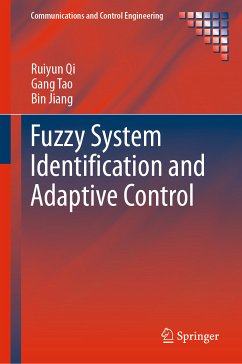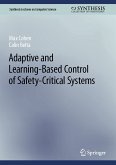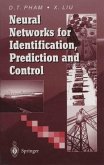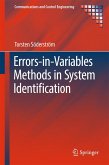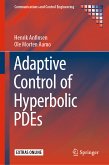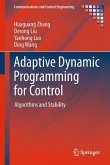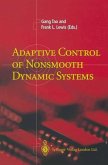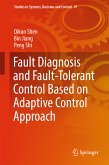- introduces basic concepts of fuzzy sets, logic and inference system;
- discusses important properties of T-S fuzzy systems;
- develops offline and online identification algorithms for T-S fuzzy systems;
- investigates the various controller structures and corresponding design conditions for adaptive control of continuous-time T-S fuzzy systems;
- develops adaptive control algorithms for discrete-time input-output formT-S fuzzy systems with much relaxed design conditions, and discrete-time state-space T-S fuzzy systems; and
- designs stable parameter-adaptation algorithms for both linearly and nonlinearly parameterized T-S fuzzy systems.
Fuzzy System Identification and Adaptive Control helps engineers in the mechanical, electrical and aerospace fields, to solve complex control design problems. The book can be used as a reference for researchers and academics in nonlinear, intelligent, adaptive and fault-tolerant control.
Dieser Download kann aus rechtlichen Gründen nur mit Rechnungsadresse in A, B, BG, CY, CZ, D, DK, EW, E, FIN, F, GR, HR, H, IRL, I, LT, L, LR, M, NL, PL, P, R, S, SLO, SK ausgeliefert werden.

